Learn how to grow and care for maiden grass, a popular ornamental plant. Discover tips on planting, maintenance and using this graceful grass to enhance your landscape.
Maiden grass, scientifically known as Miscanthus sinensis, is a beautiful and versatile ornamental grass that can add grace and movement to any garden. With its tall, arching foliage and feathery plumes, it’s no wonder this grass has become a favorite among landscapers and gardeners. In this guide, we’ll explore everything you need to know about growing and caring for maiden grass.
Here’s a chart with detailed information on Maiden Grass:
| Category | Information |
|---|---|
| Botanical Name | Miscanthus sinensis |
| Common Name | Maiden Grass |
| Plant Type | Ornamental Grass |
| Hardiness Zone | 5-9 |
| Sun Exposure | Full Sun to Partial Shade |
| Soil Type | Well-drained, Moist |
| Watering | Moderate, Drought Tolerant Once Established |
| Growth Habit | Clumping, Upright |
| Height/Spread | 3-12 feet tall / 3-6 feet wide |
| Special Features | Drought Tolerant, Deer Resistant, Attractive Seed Heads, Fall Color |
Understanding Maiden Grass
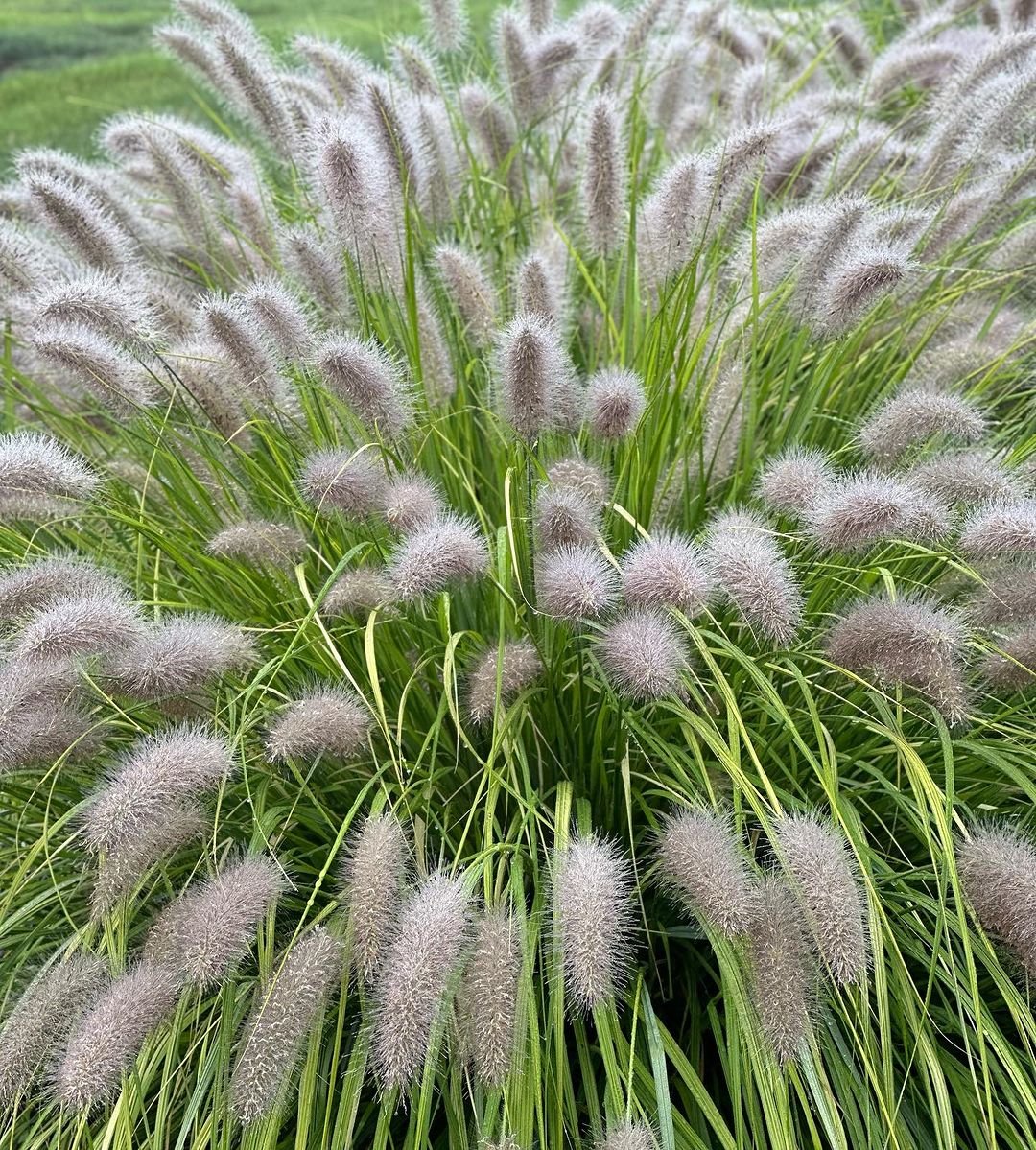
Before we dive into care instructions,
let’s get to know maiden grass better:
- Native to: East Asia
- USDA Hardiness Zones: 5-9
- Height: 4-9 feet (depending on variety)
- Spread: 3-6 feet
- Bloom Time: Late summer to fall
- Sun Requirements: Full sun to partial shade
Benefits of Growing Maiden Grass
Maiden grass offers several advantages to gardeners:
- Low maintenance
- Drought tolerant once established
- Provides year-round interest
- Attracts birds and beneficial insects
- Can act as a natural privacy screen or windbreak
How to Plant Maiden Grass
Follow these steps for successful planting:
1. Choose the Right Location
- Select a spot with full sun or light shade
- Ensure good drainage
2. Prepare the Soil
- Loosen the soil to a depth of 12-15 inches
- Mix in compost or well-rotted manure
3. Planting
- Dig a hole twice the width of the root ball
- Place the plant at the same depth it was in its container
- Backfill with soil and water thoroughly
4. Spacing
- Space plants 3-4 feet apart for a hedge effect
- For individual specimens, allow 4-6 feet between plants
Caring for Maiden Grass
Proper care will ensure your maiden grass thrives:
1. Watering
- Water deeply and regularly during the first growing season
- Once established, maiden grass is drought-tolerant
- Avoid overwatering, as it can lead to root rot
2. Fertilizing
- Apply a slow-release, balanced fertilizer in early spring
- Avoid over-fertilizing, which can lead to weak growth
3. Pruning
- Cut back to 4-6 inches above ground in late winter or early spring
- This encourages new growth and prevents the center from dying out
4. Division
- Divide every 3-4 years to maintain vigor
- Best done in early spring before new growth starts
5. Winter Care
- Leave foliage standing for winter interest
- In colder regions, consider mulching around the base for extra protection
Common Varieties of Maiden Grass
There are many cultivars of maiden grass to choose from:
- ‘Gracillimus’ – Fine-textured leaves with reddish-copper plumes
- ‘Morning Light’ – Narrow leaves with white variegation
- ‘Zebrinus’ – Horizontal yellow bands on the leaves
- ‘Strictus’ – Upright growth with horizontal yellow banding
- ‘Silberfeder’ – Silvery plumes that appear earlier than other varieties
Using Maiden Grass in Your Landscape
Maiden grass is versatile and can be used in various ways:
- As a focal point in garden beds
- In mass plantings for a dramatic effect
- As a natural screen or hedge
- In container gardens (smaller varieties)
- Near water features for a soft, natural look
Potential Problems and Solutions
While maiden grass is generally low-maintenance,
it can face some issues:
1. Invasiveness
- In some regions, maiden grass can spread aggressively
- Choose sterile cultivars or remove seed heads before they mature
2. Center Die-Out
- Older clumps may die out in the center
- Prevent by dividing every 3-4 years
3. Pests
- Generally pest-resistant, but can occasionally be affected by spider mites or aphids
- Treat with insecticidal soap if necessary
4. Diseases
- Rust can sometimes occur in humid conditions
- Improve air circulation and avoid overhead watering
Companion Plants for Maiden Grass
Enhance your garden by pairing maiden grass with these complementary plants:
- Black-Eyed Susan (Rudbeckia)
- Coneflower (Echinacea)
- Russian Sage (Perovskia)
- Sedum ‘Autumn Joy’
- Ornamental grasses like Switchgrass or Fountain Grass
Seasonal Interest of Maiden Grass
One of the great features of maiden grass is its year-round appeal:
- Spring: Fresh green growth emerges
- Summer: Full, lush foliage provides texture and movement
- Fall: Feathery plumes appear, foliage may turn golden or reddish
- Winter: Dried foliage and seed heads offer winter interest and food for birds
Maiden grass is a stunning addition to any garden, offering beauty, texture, and movement throughout the seasons. With its low maintenance requirements and versatility, it’s an excellent choice for both novice and experienced gardeners.
Remember, the key to success with maiden grass is proper placement, regular pruning, and division when necessary. By following the care tips outlined in this guide, you’ll be able to enjoy the elegance of maiden grass in your landscape for years to come.
Whether you’re looking to create a privacy screen, add structure to a perennial border or simply introduce a graceful focal point to your garden, maiden grass is up to the task. Its adaptability, combined with the wide variety of cultivars available, means there’s a maiden grass perfect for almost any garden setting.
Happy gardening and enjoy the beauty of your maiden grass!

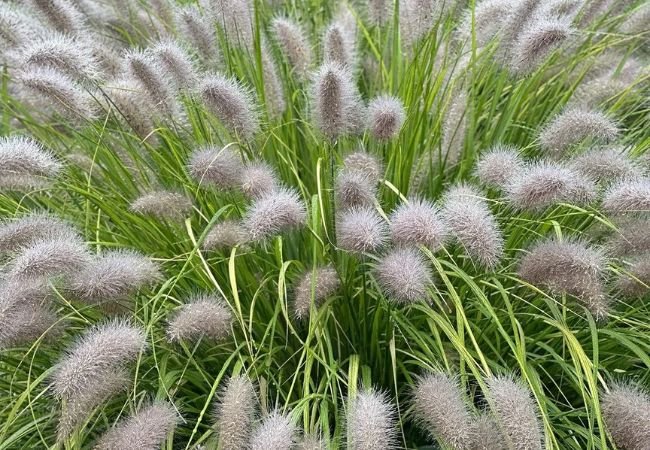

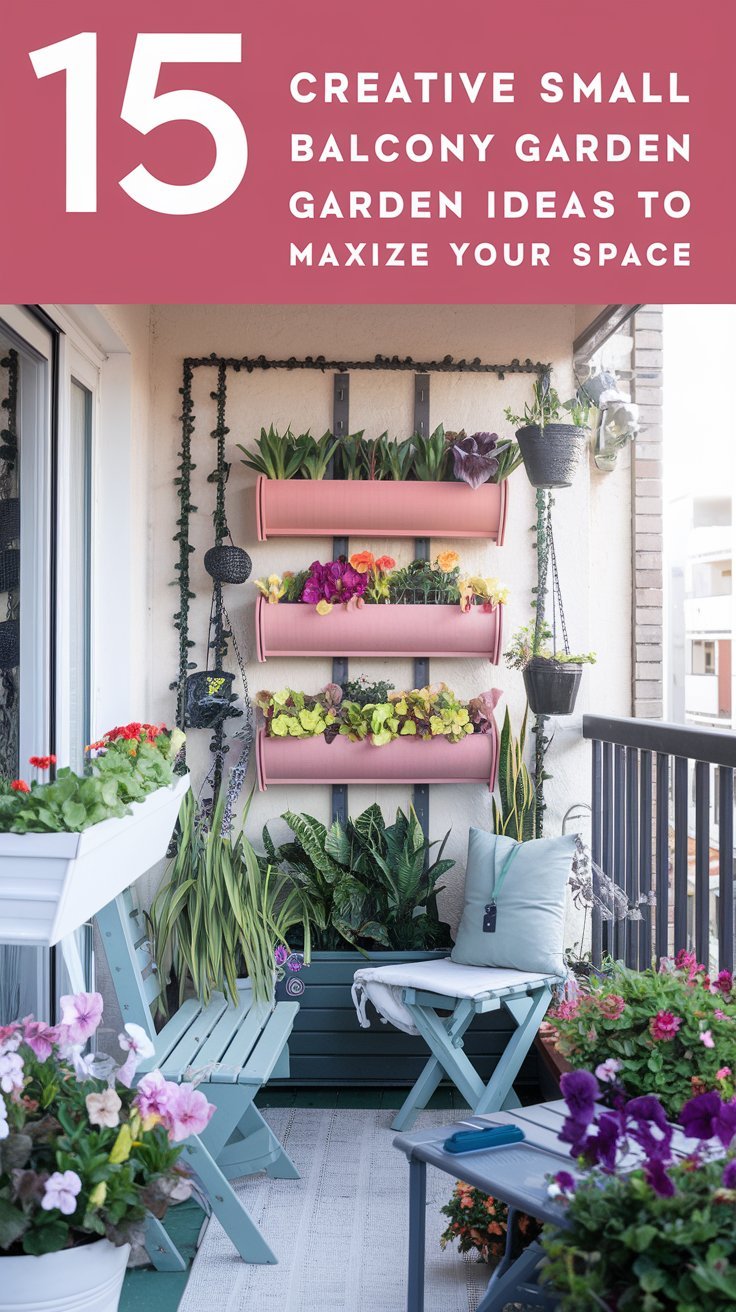
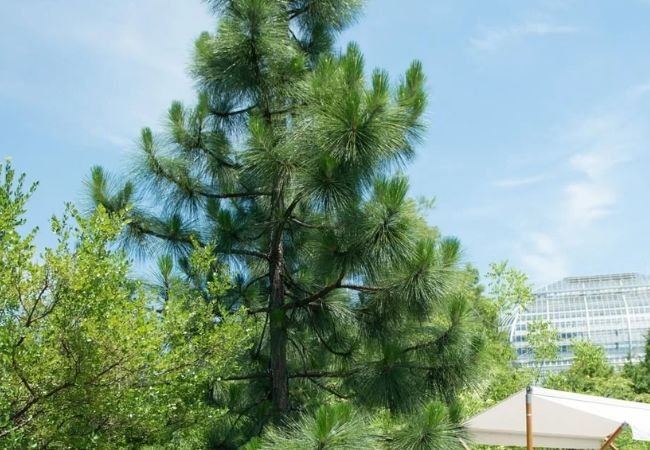

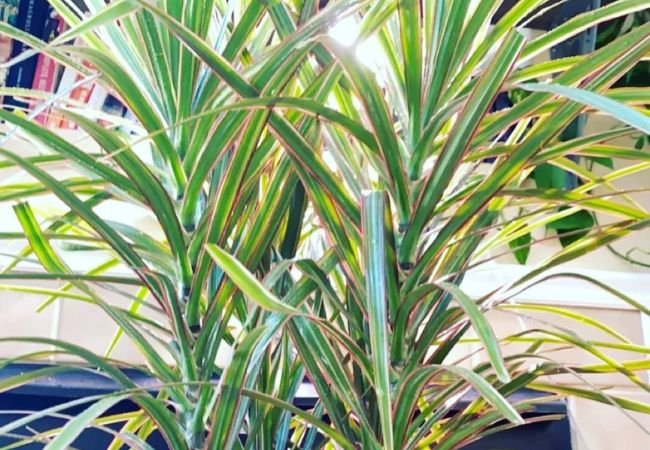
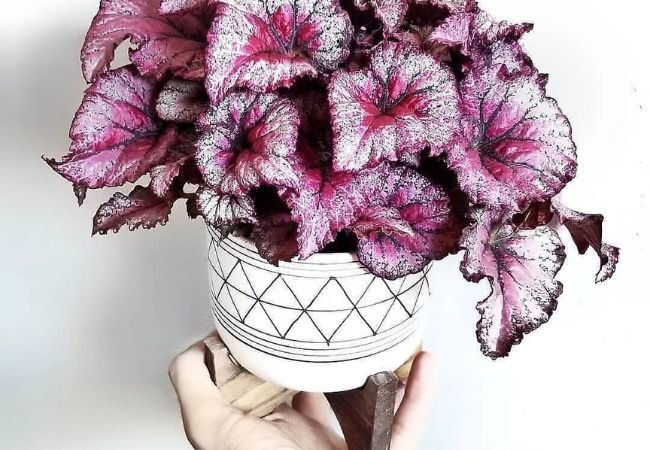
Leave a Reply